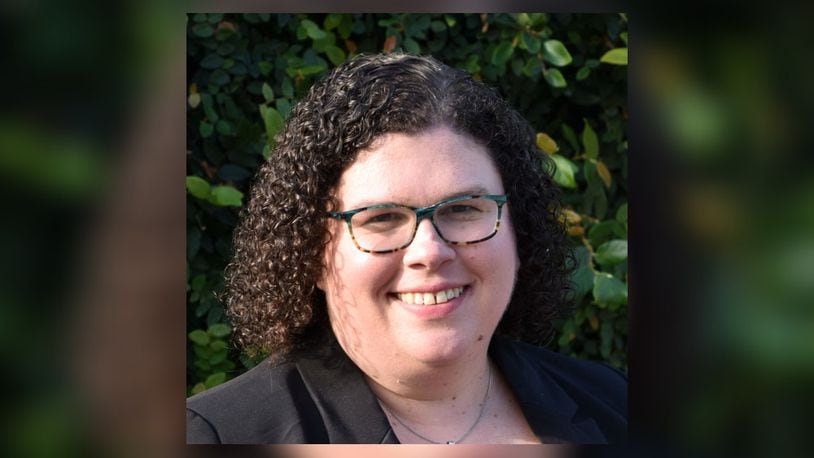Here in Ohio, we are in the midst of a battle over the rights of trans people, and many voters will turn to the Bible for guidance on these ethical and moral questions. As a professor of Hebrew Bible at the University of Dayton, I believe that scripture and trans rights are not at odds. To the contrary: the Bible calls for us to support society’s most vulnerable members, and that call has rarely been more urgent.
Our legislature just overturned Gov. DeWine’s veto of House Bill 68, which targets trans youths, but the fight doesn’t stop there. DeWine and the Department of Health have proposed additional new rules new rules that would effectively prohibit gender-affirming care to trans and non-binary people of any age, by requiring them to jump through hoops (such as approval by a medical ethicist) that are arduous, if not impossible. This constitutes clear discrimination against our trans and non-binary neighbors. More than that, it denies them access to the lifegiving health care that their doctors have prescribed. There is abundant medical evidence that gender-affirming care saves lives and improves quality of life, and we should be enabling access to it for everyone who needs it.
The de facto ban is not the only ugly part of those rules. As a college educator who has taught trans and non-binary students, I recognize the vital importance of affirming their identities in the face of a hostile world. Young adults need to feel safe to explore who they are and pursue their individual holistic wellbeing. The rules’ six-month delay on providing gender-affirming services for adults under 21 would create unnecessary and demoralizing barriers to the care they need.
A recent survey showed that fully 5% of adults under 30 identify as trans or non-binary. Not all of them seek a medical transition, but all of them are impacted by regulations that marginalize their right to live freely. As an Ohioan and a Christian, I want to live in a state where all people have the right to flourish in their own gender identity.
Most Americans agree that religion should not dictate public policy, but these proposed rules are rooted in ingrained religious biases about gender roles. Those biases are unethical and unbiblical. Our trans neighbors are radiant gifts of God, just like Joseph and Deborah, and they are terrified by our government trying to legislate them out of existence.
Fortunately, it’s not too late. The Department of Health is seeking feedback on its rules through February 5. Please contact them today and let them know that Ohio supports access to gender-affirming health care. As Genesis 1 affirms, each one of us is made in the image of God.
Dr. Esther Brownsmith is Assistant Professor of Hebrew Bible at the University of Dayton.
About the Author
